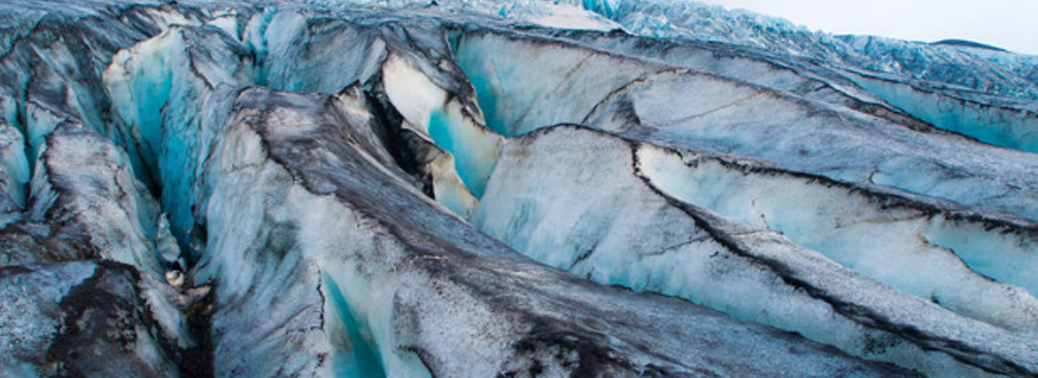BLACK CARBON IN GLACIER
03, Feb 2020

Prelims level : Pollution & Waste Management
Mains level : GS-III Conservation, Environmental Pollution and Degradation, Environmental Impact Assessment.
Why in News?
- Recently, scientists from the Wadia Institute of Himalayan geology have found high level of Black Carbon in glacial area of Uttarakhand.
What is Black Carbon?
- Black carbon is a potent climate-warming component of particulate matter formed by the Incomplete Combustion of fossil fuels, wood and other fuels.
- Complete combustion would turn all carbon in the fuel into carbon dioxide (CO2), but combustion is never complete and CO2, carbon monoxide, volatile organic compounds, and organic carbon and black carbon particles are all formed in the process.
- It is a complex mixture of particulate matter resulting from incomplete combustion is often referred to as soot.
- It is a short-Lived Climate Pollutant with a lifetime of only days to weeks after release in the Atmosphere.
Impacts of Black Carbon:
- It is an important contributor to warming because it is very effective at absorbing light and heating its surroundings.
- Per unit of mass, black carbon has a warming impact on climate that is 460-1,500 times stronger than CO2.
- It influences cloud formation and impacts regional circulation and rainfall patterns.
- When deposited on ice and snow, black carbon and co-emitted particles reduce surface albedo (the ability to reflect sunlight) and heat the surface.
- The Arctic and glaciated regions such as the Himalayas are particularly vulnerable to melting as a result.
- It has a number of health impacts including premature death in adults with heart and lung disease, strokes, heart attacks, chronic respiratory disease such as bronchitis, aggravated asthma and other Cardio-Respiratory Symptoms.
- It is also responsible for premature deaths of children from acute lower respiratory infections such as pneumonia.
Control Measures for Black Carbon:
- Replace traditional cooking and heating with clean-burning biomass stoves
- Replace Wood Stove and Burners with Pellet Stoves and Boilers
- Modernize Traditional Brick kilns to Vertical Shaft Brick Kilns
- Use Diesel Particular Filters for road and Off-Road Vehicles
- Fast transition to Euro BS VI vehicles and soot-free buses and Trucks
- Ban open-field burning of Agricultural Waste
- Capture and Improve Oil Flaring and Gas Production






